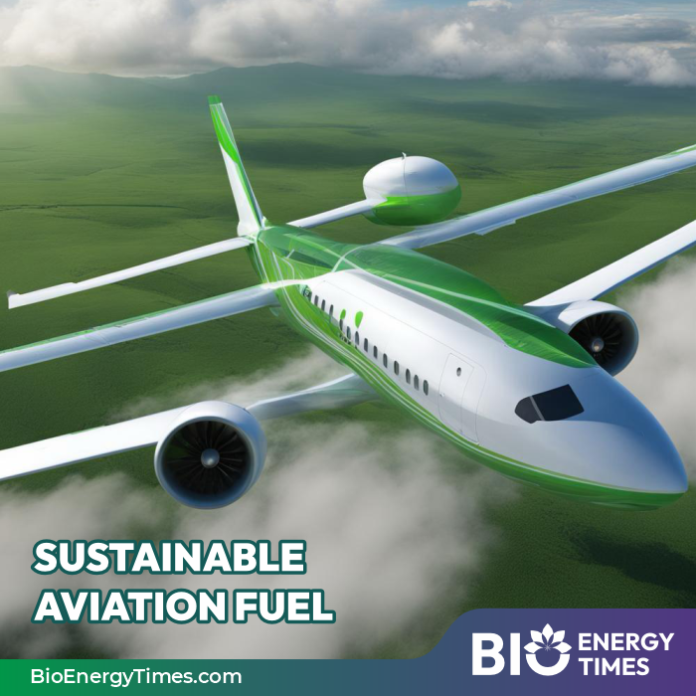South Korea plans to mandate airlines to replace a portion of their jet fuel with environmentally friendly alternatives such as cooking oil, palm oil, and biodiesel starting in 2025, in line with the global shift towards sustainable aviation fuel (SAF), according to sources in the oil refinery and aviation industries, as reported by The Korean Economic Daily.
As per media report, the government is expected to unveil this initiative on August 30, following the European Union’s 2023 legislation requiring 2% of jet fuel to be sustainable by 2025 and 70% by 2050.
SAFs are known to emit about 80% less carbon compared to conventional jet fuel, but they cost two to five times more than fossil fuels like kerosene. As a result, the transition to SAF could lead to higher airline ticket prices, given that fuel constitutes approximately 30% of flight costs.
This eco-friendly initiative could also impact South Korea’s position as a leading exporter of aviation fuel. Domestic refineries currently process imported crude oil into jet fuel at competitive prices but lack SAF production facilities.
Korean Air Lines Co., South Korea’s major full-service airline, has been using a mix of SAF and fossil fuel on its Incheon-Paris route since 2022. Starting August 30, the airline will begin using blended fuel on the Incheon-Tokyo route and plans to extend this to other routes gradually. Incheon International Airport is South Korea’s primary international gateway.
To support the adoption of SAF, the government plans to offer subsidies to oil refineries that install SAF refueling infrastructure at domestic airports and to relax relevant regulations, similar to measures taken by the US, Japan, Germany, and the Netherlands. Additionally, South Korea may consider tax reductions for SAF-related facilities. Building a SAF facility with a capacity of 500,000 tons of fuel costs approximately 1 trillion won ($752 million).
In 2022, South Korea exported 14.8 trillion won worth of jet fuel, surpassing the 10.3 trillion won from mobile phone exports. However, the country lags behind others like the US and China in the SAF sector. Globally, there are 323 SAF production facilities, none of which are in South Korea.
The International Air Transport Association projects that global SAF demand will exceed 400 billion tons by 2050, matching current jet fuel demand of 350 billion to 400 billion tons, implying that all airplanes will use SAF by then.
The US, the world’s largest aviation fuel importer, aims to replace 100% of jet fuel with SAF by 2050. In response to this trend, SK Energy Co. plans to retrofit its crude oil processing facility for SAF production. Other South Korean refiners, including S-Oil Corp., HD Hyundai Oilbank, and GS Caltex Corp., are also considering building SAF-dedicated facilities and are seeking government support in the form of subsidies and tax credits for the multi-billion-dollar investments required.
To read more about Sustainable Aviation Fuel Industry News, continue reading BioEnergyTimes.com














